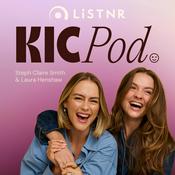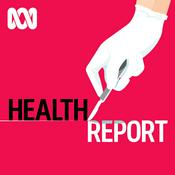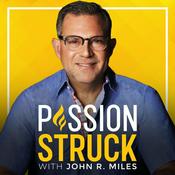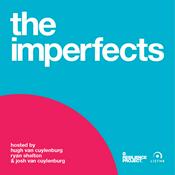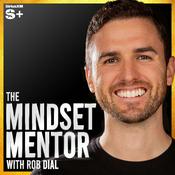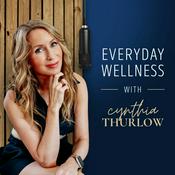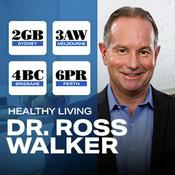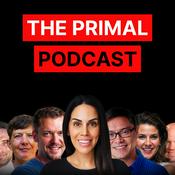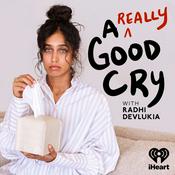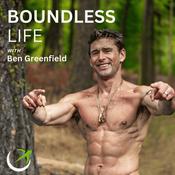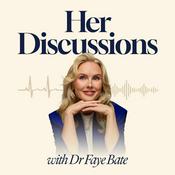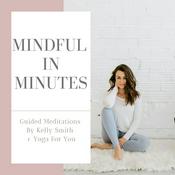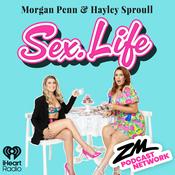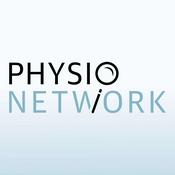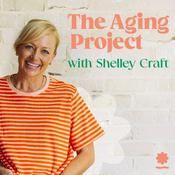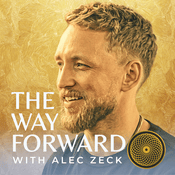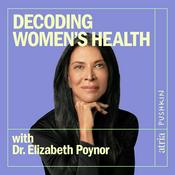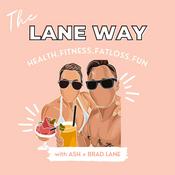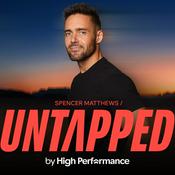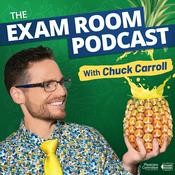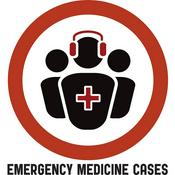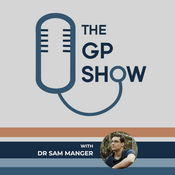24 episodes
- Veterans and their families often present to general practice carrying the long-term impacts of military service, transition to civilian life, and complex interactions with healthcare systems. In this episode of RG Life Hacks, Dr Emily Moody speaks with Dr David Leaf and Dr Andrew Clarke, both veterans and Rural Generalists, about how doctors and registrars can provide culturally safe, practical, and effective care for veteran patients.
David and Andrew draw on their own experiences of military service to explain how veterans approach healthcare, what respectful listening looks like in practice, and why simple, open questions such as “Have you ever served?” and “Tell me about your service” matter. They explore the “sheer cliff” of leaving Defence, the loss of community and psychosocial supports, and how this transition can amplify moral injury, trauma, and distress, sometimes years after discharge.
For registrars, this conversation offers clear, practical guidance on taking an ADF history, avoiding common pitfalls, and recognising the role of partners and families in help-seeking and recovery. The discussion also outlines key referral pathways and supports, including Open Arms, DVA training resources, and navigating DVA cards and access to treatment in rural settings.
This episode is essential listening for registrars who want to better identify veterans in their patient population, build rapport with confidence and cultural sensitivity, and connect veterans and their families to the supports they’re entitled to.
Key resources for supporting veterans:
Department of Veterans’ Affairs (DVA): https://www.dva.gov.au/
Open Arms Veterans & Families Counselling: https://www.openarms.gov.au/
Provisional Access to Medical Treatment (PAMT): https://www.dva.gov.au/access-benefits/compensation-claims/get-treatment-while-you-wait-claim-pamt
The Veterans’ & Families’ Centre: https://theveteransandfamiliescentre.org/ - How can rural doctors build genuinely respectful, effective partnerships with Aboriginal health workers? In this episode of RG Life Hacks, Dr Emily Moody speaks with Dr Nicolette (Nicci) Roux, Rural Generalist and Executive Director of Medical Services, and Aboriginal health worker and clinic coordinator Tamara Murray, about what meaningful collaboration looks like at Wuchopperen, a community-controlled Aboriginal health service that has served the Cairns community for 46 years.
Nicci and Tamara describe a patient-centred, holistic model of care where Aboriginal and Torres Strait Islander health workers are essential members of a multidisciplinary team, ensuring care is culturally safe, responsive, and grounded in community needs. Tamara explains how she coordinates busy clinic flow, triages patients, translates “doctor talk”, and acts as a cultural broker and advocate so that community members feel seen, heard, and respected.
For registrars, this conversation offers guidance on listening to understand, yarning, and recognising the expertise Aboriginal health workers bring in cultural knowledge, community relationships, and practical problem-solving. It also highlights everyday opportunities in clinic and team settings to reflect on your own practice, seek feedback, and learn from colleagues.
This episode is essential listening for doctors working in rural and remote settings who want to strengthen these partnerships, provide culturally safer care, and become the kind of team members that communities trust to walk alongside them. - Sexual misconduct in medicine challenges the safety, trust, and integrity of the profession. In this episode of RG Life Hacks, Dr Emily Moody speaks with Professor Louise Stone, a GP and medical educator, about the realities of sexual harassment and abuse within medical workplaces and the cultural and systemic factors that allow them to persist.
Professor Stone draws on her extensive research and international collaborations to explain how power, hierarchy, and silence shape these experiences and what meaningful prevention and healing can look like.
The discussion explores the importance of leadership, upstanding behaviour, and peer support in creating safer professional environments.
This conversation offers an honest and compassionate look at how the medical profession can confront harm within its own ranks and begin to foster genuine cultural change. It also provides valuable perspective for registrars as they navigate complex team dynamics, learn to recognise unsafe behaviours, and develop the confidence to speak up or support colleagues.
Wellbeing Support Services
1800RESPECT: Call 1800 737 732, text 0458 737 732
Lifeline: Call 13 11 14, text 0477 13 11 14
13YARN: 13 92 76
Aphra: 1300 419 495
Drs4Drs: 1300 374 377 (1300 DR4 DRS)
Bush Support Line (CRANAplus): 1800 805 391
Police (non-emergency): 131 444
For more information and additional resources, visit ACRRM Wellbeing Support: https://www.acrrm.org.au/support/wellbeing/well-being-support - Registrars’ own experiences of trauma can shape how they learn, work, and respond to feedback. In this follow-up episode of RG Life Hacks, Dr Emily Moody continues her conversation with Dr Susan Tyler-Freer, exploring how trauma-informed care principles apply to medical education and the registrar training journey.
Dr Tyler-Freer unpacks how developmental trauma and neurodiversity can influence learning style, clinical reasoning, emotional resilience, and communication. She explains how understanding ACEs within the registrar population can improve feedback, reduce harm, and support professional identity development.
The episode also makes a compelling case for clinical supervision as an essential support for registrars and educators to process the emotional toll of rural generalist practice.
This discussion offers powerful insights for registrars and those who teach or supervise them, highlighting how to create safer, more supportive learning environments throughout training. - How can rural doctors provide compassionate, effective care for patients living with trauma? In this episode of RG Life Hacks, Dr Emily Moody speaks with Dr Susan Tyler-Freer, Rural Generalist and medical educator, about applying a trauma-informed lens to everyday clinical care.
Drawing on her experience in the Northern Rivers region of NSW, Dr Tyler-Freer explains how understanding adverse childhood experiences (ACEs) can help rural doctors interpret symptoms more accurately, avoid assumptions, and build stronger therapeutic relationships. She highlights how trauma shapes language and patient behaviour, and urges doctors to stay curious and “unpack” what their patients are really saying.
This episode is essential listening for registrars and Rural Generalists navigating the complexities of care, where trauma is more common than we often realise. It offers practical strategies for safer communication and reminds us that trauma-informed care is not just about what we know, it is about how we listen, interpret and relate.
More Health & Wellness podcasts
Trending Health & Wellness podcasts
About RG Life Hacks
The ACRRM podcast RG Life Hacks is a series exploring key topics that support registrars beyond the Rural Generalist Curriculum. Episodes cover areas such as settling into rural practice, medico-legal issues, self-care, and long-term professional sustainability.
You can listen to RG Life Hacks via the podcast webpage or on your favourite podcast platform. New episodes are added throughout the year, so be sure to subscribe to stay up to date.
Podcast websiteListen to RG Life Hacks, Nothing much happens: bedtime stories to help you sleep and many other podcasts from around the world with the radio.net app
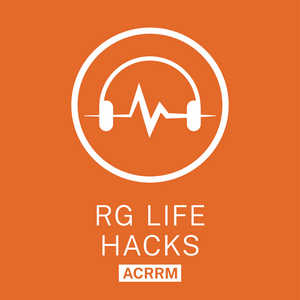
Get the free radio.net app
- Stations and podcasts to bookmark
- Stream via Wi-Fi or Bluetooth
- Supports Carplay & Android Auto
- Many other app features
Get the free radio.net app
- Stations and podcasts to bookmark
- Stream via Wi-Fi or Bluetooth
- Supports Carplay & Android Auto
- Many other app features


RG Life Hacks
Scan code,
download the app,
start listening.
download the app,
start listening.



